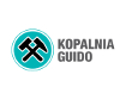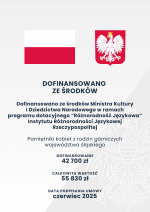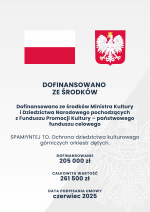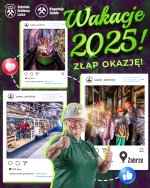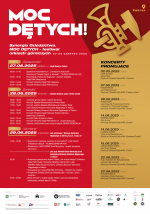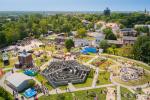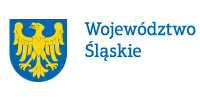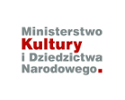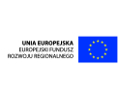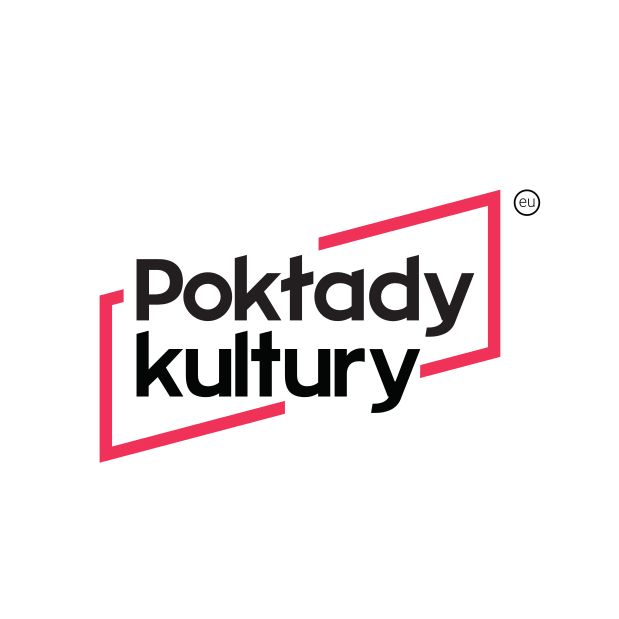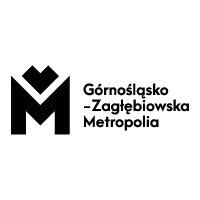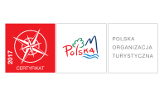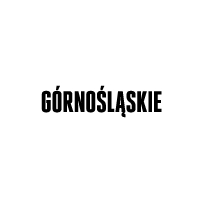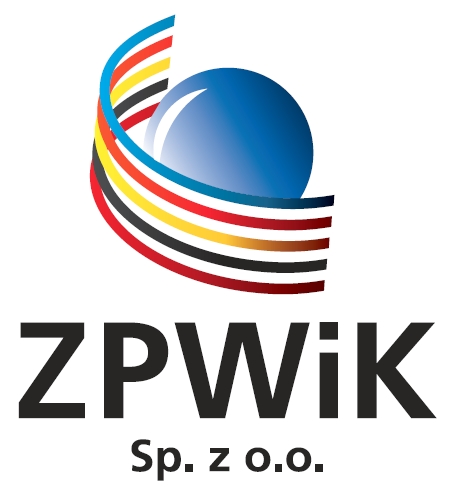The Coal Mining Museum in Zabrze
The Department of Ethnology and Cultural Anthropology of Faculty of Ethnology and Educational Science in Katowice
The Department of History of Faculty of Social Sciences in Katowice
invite to 2th scientific conference
Coal: Spirituality
November 26th – 27th 2018
Łaźnia Łańcuszkowa, Wolności 410, Zabrze
Coal is an imperative of transformation, generating new space. It has played an essential role in the creation of a new human – one that acts, builds and creates. A Homo Faber of the industrial era. Sites created by coal mining and coal industry have thereby created certain values, which are a binding element for those who honour and respect them. Coal proxemics lets these values function in both physical and symbolic areas. A black rock has become the archetype which determines the lives of millions of people who maintain a relationship with the supernatural world. This relation, i.e. spirituality, is one of the most fundamental human needs; it is an essential attribute of people's existence. It helps to build relations between individuals and with the world perceived by senses and the one beyond such perception – the sacred. Spirituality is one of the factors that create a symbolical sensation of unity. Both influences of coal and influences of spirituality may interact with each other, being supported by social remembrance.
The beginnings of heavy industry, most notably mining, were connected with an archetypal fear of labouring in violation of nature – dealing with fire, liquid metal and the necessity of descending underground. At the same time, unexplained natural phenomena such as the movement of rock fragments fired the miners' imagination. The miners coped by turning to the sacred and supernatural forces. Every day was accompanied by a belief in God, saints of the Catholic Church, as well as being convinced of the existence of demons and demon-like creatures (demons, kobolds and dwarves). For over two hundred years of the 'industrial era' both spheres of spirituality coexisted, giving working-class culture a special nature.
The main aim of this conference is to attempt to give an answer to the question whether there was a relationship between various aspects of spiritual culture and industrial reality and what impact they had on each other. We would like to reflect on coal (understood as an archetype), which raised generations of labourers, if it helped to create a spirituality that is specific only for this group and if using the term 'working-class spirituality' is justified. Furthermore, did this spirituality create its practical dimension in forms of religiousness, spiritual culture and symbolical culture.
We wish this conference, just like last year's, to be interdisciplinary. Therefore it is mostly dedicated to specialists whose scientific explorations concern the above mentioned issued present at the turn of nineteenth and twentieth centuries as well as occurring contemporarily. People like historians, art historians, culture ethnologists and anthropologists, sociologists, cultural experts, literature and language researchers, folklorists, theologians and religious scholars.
Suggested topical scopes:
Spirituality – religiousness
- Religious practices at or near workplaces, and the relation between shrines and places of labour;
- Working-class spirituality and/versus theology;
- Strategies of dealing with changes in mode of life undertaken by workers (transition from agrarian traditions to working-class culture);
- Urban religion – the influence of industrialisation on the lives of parish communities as well as the influence of existing models of devotion on the world of labour;
- The attitude of labour communities towards secularisation in totalitarian systems;
- Working-class devotion in democracies;
- Religious practices in industrial scenery;
- Methods and tools of studying spirituality and devotion in relation to the culture of industrial spaces.
Beliefs and magic
- Magical performances, beliefs and superstitions connected with working in mining;
- Traditions, practices and mining customs in annual and domestic rites;
- Magical sites around mines – their origin, history and social-cultural meaning;
- Mining demonology;
- Mining folklore: tales, legends and songs connected with the supernatural world of a mine.
Materialised spirituality
- Churches, cemeteries, devotional sites and their role of creating culture in industrial and post-industrial space;
- Industry and religious art – relations and reciprocal interactions;
- Working-class spirituality in literature (also oral), liturgical texts;
- Industrialists' funds and labour funds connected with a practised religion;
- Commemorating sites, in relation with transcendence.
Additional information
Conference fee: PLN 100
The duration of each presentation should not be longer than 20 minutes.
Please send your applications via the provided form (doc, pdf) not later than September 14rd, 2018 to: Ten adres pocztowy jest chroniony przed spamowaniem. Aby go zobaczyć, konieczne jest włączenie w przeglądarce obsługi JavaScript.
You will be notified about the acceptance of your presentation before September 24th, 2018.
Agenda of the conference will be announced before October 19th, 2018.
In case of any further questions, please refer to dr Beata Piecha-van Schagen Ten adres pocztowy jest chroniony przed spamowaniem. Aby go zobaczyć, konieczne jest włączenie w przeglądarce obsługi JavaScript..
The museum offers accommodation at Hostel Guido. More information about the Hostel can be found HERE.

